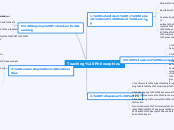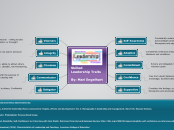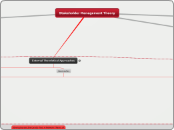av Lia Soares Costa för 6 årar sedan
174
Philosophies
The text outlines essential components of effective teaching philosophies, emphasizing the importance of professional knowledge, practice, and continuous learning. It highlights the necessity for educators to stay current with professional knowledge, practice sound professional judgment, and adopt a student-centered approach rooted in constructivist teaching principles.









